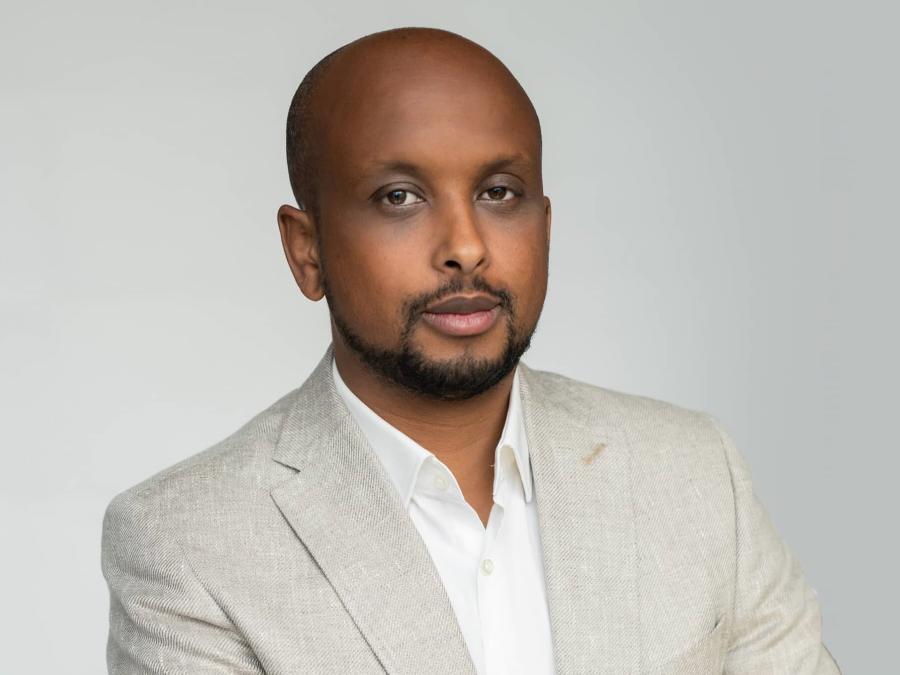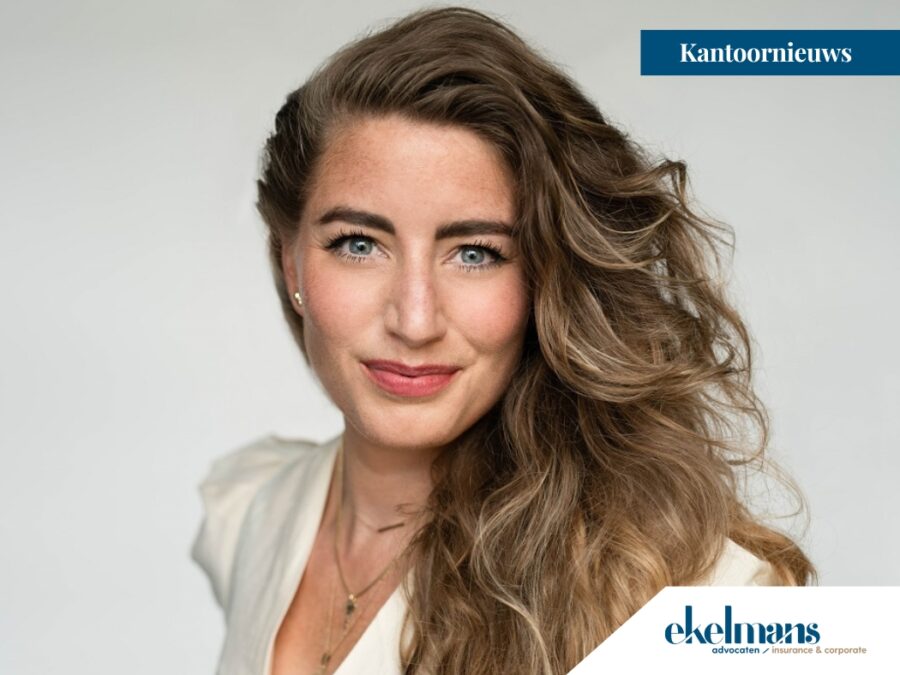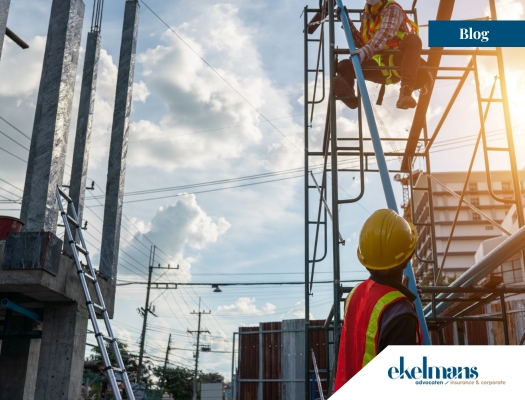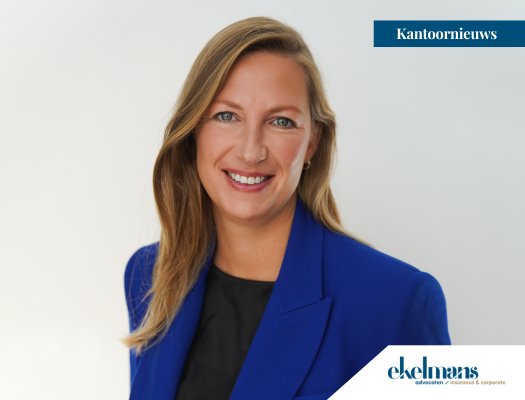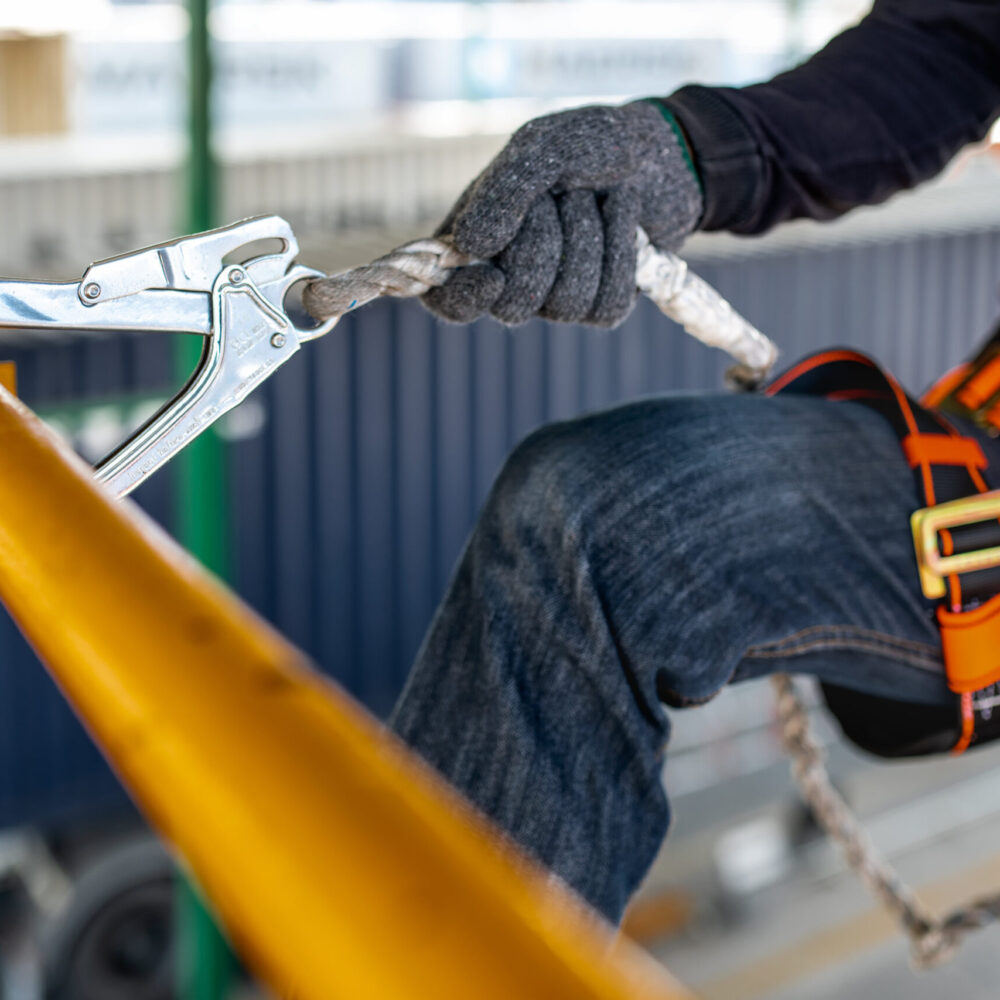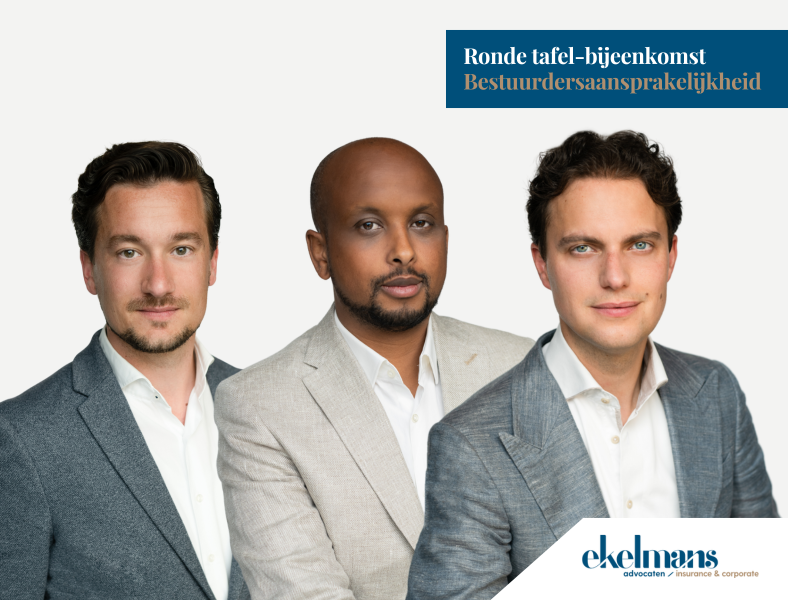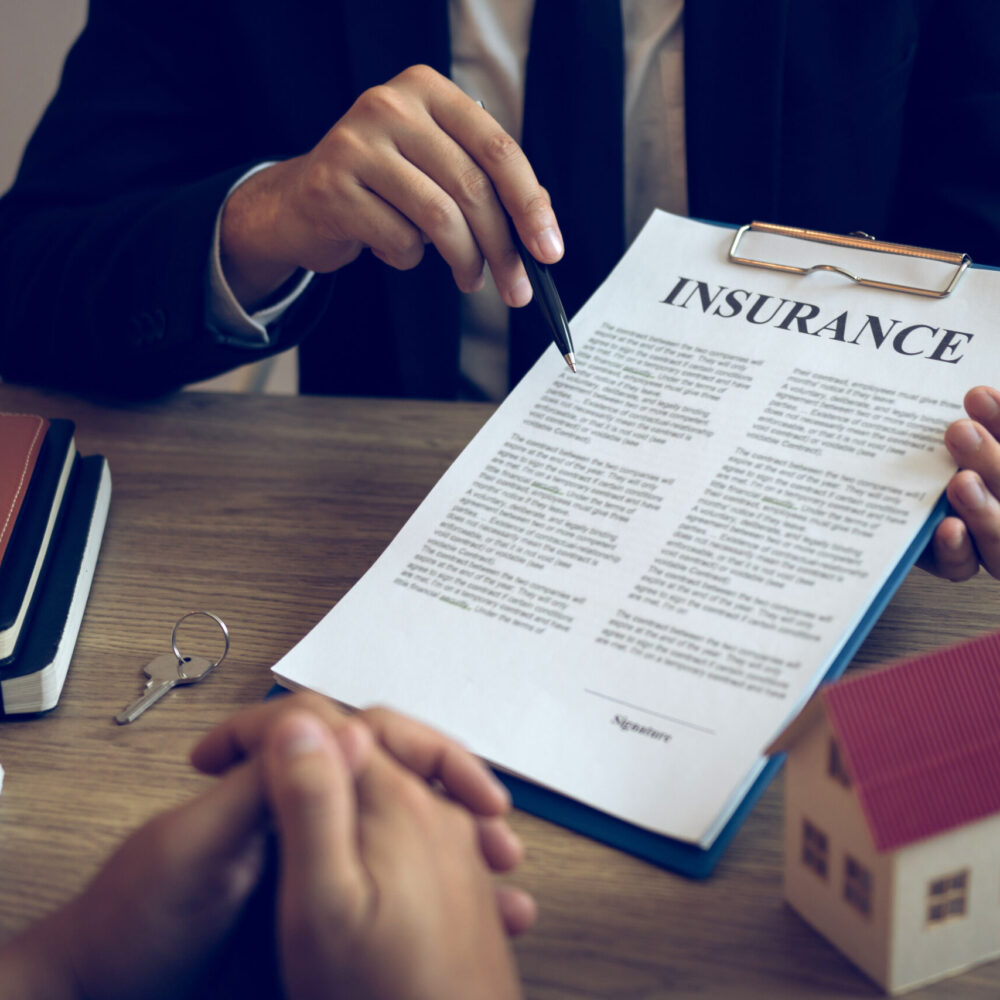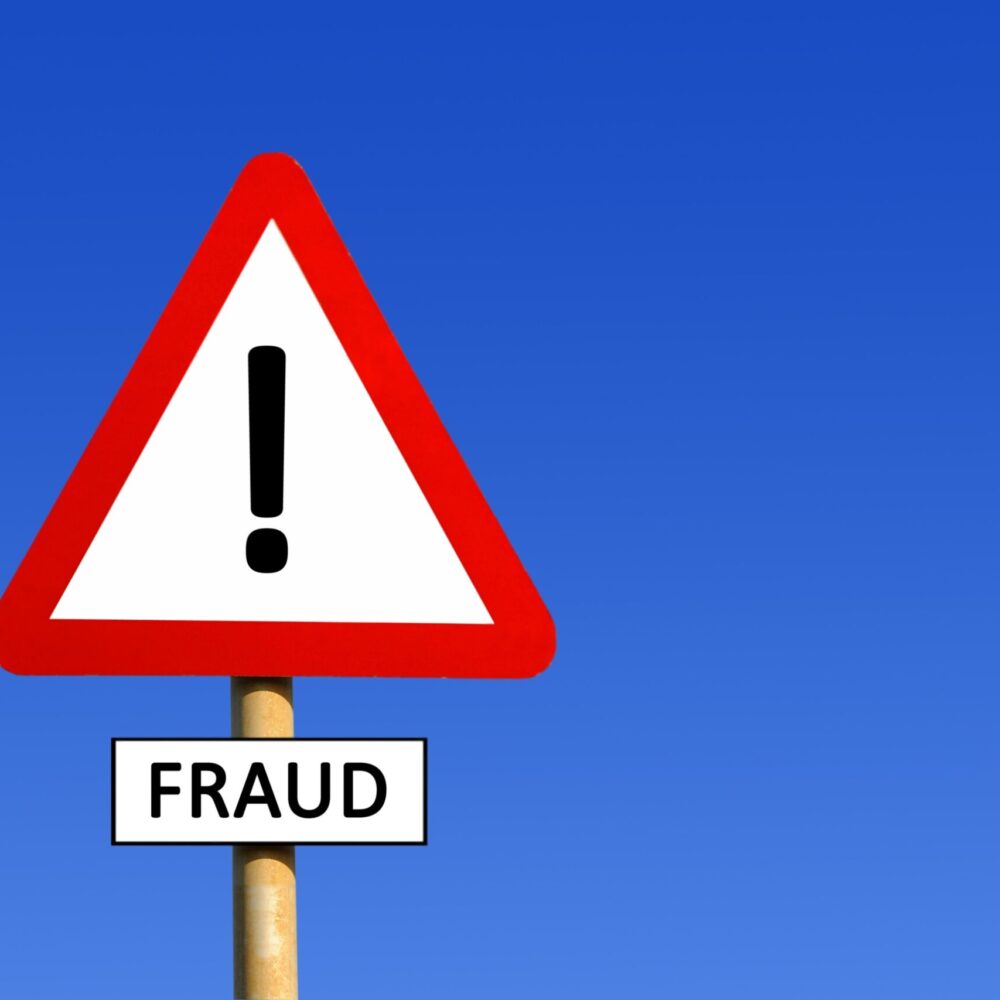
Introduction
On 6 July 2018 the Dutch Supreme Court gave a fundamental decision on the consequences of fraud committed by a third party victim against the insurer of the liable party.[1] For years the big question was whether the statutory sanction on fraud for insured parties could be extrapolated to cases where a third party victim committed the fraud against the insurer.
Legal literature and case law were divided on this question. Some considered the lack of a contractual relationship uberrimae fidei (“of utmost good faith”) as an obstacle for analogous application of the statutory sanction to the relationship between a third party victim and the insurer. Others argued that the insurer is just as dependent on the claimant for the provision of reliable information in case of a third party claim as in case of a claim by the insured.
Direct claim against the insurer
In the Netherlands, as in other EU member states, drivers are obliged to have motor liability insurance. Victims of car accidents do not have to claim damages with the liable driver but have a direct claim against his/her motor liability insurer. This direct claim has its basis in EU regulation and is therefore also seen in other EU member states.
Facts of the case: was the alleged victim in the car?
In the case before the Supreme Court the victim also aimed its claim for damages directly at the motor liability insurer of the liable party. The case concerns a car accident that took place in the fall of 2001.
The victim was the mother of one of the drivers involved. She claimed to be a passenger at the time of the accident. The mother, who already suffered from health problems before the accident, had visited her doctor the day after the accident with whiplash symptoms. As from 2002, a few months after the incident, she was declared fully unfit for work.
The motor liability insurer of the liable driver refused to pay damages to the mother as the liable driver contested that the mother was in the car at the moment of the accident. In response to the insurer’s refusal of the claim, the mother produced several false witness statements. During the proceedings before the court of first instance the falseness of the witness statements came to light. The mother and some of the witnesses were convicted by the criminal court for forgery of documents, fraud and/or perjury.
Lower courts
The court of first instance dealing with the mother’s claim for damages denied the claim. The court of appeal however, granted the claim.
The court of appeal disregarded the false witness statements but found on the basis of other means of proof that the mother was a passenger at the time of the accident. These means of proof were all derived from the mother’s own assertion that she was a passenger.
The insurer brought the case before the Supreme Court, claiming that the court of appeal had wrongly denied the legal principle that a claim is denied if the third party has misled the insurer in order to obtain payment. Alternatively, the insurer claimed that the court of appeal did not give a proper ruling on the evidence of the case.
Relevant provision(s)
With its claim for a total loss of claim by the victim, the insurer refers to article 7:941 paragraph 5 of the Dutch Civil Code. This provision denies insureds the right to payment if they fail to timely notify their insurer of a claim and/or fail to provide (proper) information to the insurer in a deliberate attempt to mislead said insurer. Strictly speaking, the provision only applies in the contractual relationship between the insurer and the insured. However, the insurer in this case claimed, in line with case law of the Dutch Financial Services Complaints Tribunal and several legal authors, that the provision should be analogously applied to the relationship with a third party.
Supreme Court judgment
The Supreme Court does not concur with the position taken by the insurer. The Supreme Court rules that there is no room for analogous application of the sanction outside the relationship between the insurer and the insured, i.e. in the relationship between the insurer and a third party victim. The sanction of article 7:941 paragraph 5 DCC is justified by the character of confidence of the insurance agreement. The Supreme Court finds that said sanction does not distinguish between severe fraud cases and less severe fraud cases which makes the sanction a drastic one. Therefore, said sanction cannot be accepted in other relationships without a statutory basis.
Nevertheless, the Supreme Court rules the judgment of the court of appeal to be incomprehensible. The Supreme Court has difficulties with the finding of the court that the mother has succeeded in proving that she was a passenger at the time of the accident. Therefore, the judgment of the court of appeal is set aside. The Supreme Court refers the case back to another court of appeal for further handling.
Take away: fraud is never without consequence
The latter findings of the Supreme Court show that fraud by a third party victim also comes with consequences, however less drastic ones. In line with the opponents of analogous application of the aforementioned sanction, the Supreme Court deals with fraud committed by third parties by setting higher requirements for the evidence produced by the fraudster.

